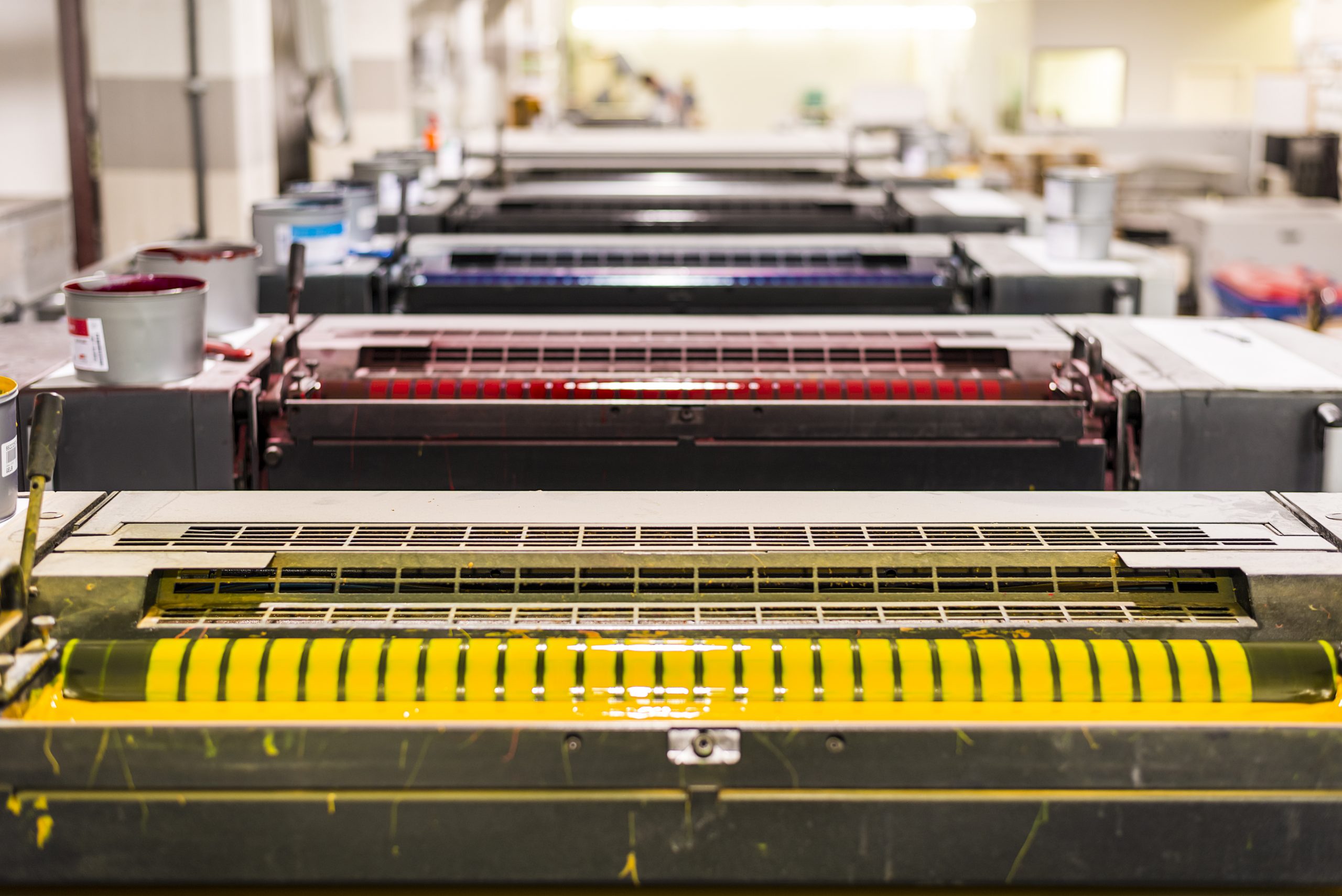Insider Tips for Getting the Most Out of litho printing
Insider Tips for Getting the Most Out of litho printing
Blog Article
A Comprehensive Overview to Recognizing Litho Printing Methods
The globe of litho printing, a strategy originating from the late 18th century, is an interesting mix of background, art, development and science. Remain with us as we trip right into the fascinating realm of litho printing.
The Historical Evolution of Litho Printing
The historic trajectory of litho printing, a crucial innovation in the world of interaction, is a captivating tale of human resourcefulness. The procedure progressed with the development of the rotary press, which considerably enhanced productivity. Each phase of litho printing's evolution showcases humanity's relentless quest of effectiveness and quality in aesthetic interaction.
Decoding the Scientific Research Behind Litho Printing Inks
Moving ahead in the expedition of litho printing strategies, the emphasis currently shifts to the scientific research behind litho printing inks. The structure of these inks, their drying out process, and color mixing techniques develop the foundation of this complex art kind. Comprehending these components is crucial to understanding the craft and achieving the preferred print results.
Structure of Litho Inks
In lithographic printing, the fundamental function of litho inks can not be overemphasized. The structure of litho inks varies depending upon its purpose, but generally, they consist of two major elements - pigments and cars. Pigments, the color-providing aspects, are finely ground bits suspended in the lorry, a fluid that carries the pigment onto the printing surface. The lorry is a complex combination of resins, solvents, and oils, which affect the ink's drying out time, attachment, and gloss. Furthermore, different ingredients are existing to enhance specific residential or commercial properties like circulation, drying out, and resistance to environmental effects. Each part plays a crucial part in the final print's quality, making the specific formulation of litho inks a complex scientific research.
Ink Drying Refine
From the structure of litho inks, focus transforms to the fascinating process of ink drying. Two main approaches are made use of in litho printing: oxidative drying and absorption. Absorption, on the other hand, involves the ink seeping right into the paper fibers, which is a much faster process but can lead to much less dynamic shades.
Color Mixing Techniques
While the drying out procedure plays an essential function in litho printing, the science of color blending techniques holds equivalent significance. The science behind litho printing inks likewise takes into account the openness of the ink, which impacts exactly how shades overlay and mix.
The Art and Style Elements in Litho Printing
Litho printing takes a breath life into art and style with its unique aspects. The process includes producing an image on a lithographic sedimentary rock plate or metal plate with a smooth surface area. The picture is then printed onto a tool, usually paper, by transferring the ink from the plate. What sets litho publishing apart is its ability to reproduce detailed styles with high fidelity, making the output practically identical to the original artwork. This is achieved with using different line strategies such as cross-hatching, hatching, and stippling, which enable a series of tonal effects. In addition, litho printing accommodates a variety of shades, making it possible for musicians to create dynamic and vibrant prints. This mix of accuracy and adaptability makes litho printing a recommended option for several musicians and developers.
Modern Applications of Litho Printing Techniques
Litho printing methods have actually discovered click reference substantial use in the modern business market. Its influence and value proceed to expand with the arrival of brand-new developments and innovations in the field. This area will certainly discover these modern applications and the transformative function they play in the printing market.
Business Litho Printing Uses
Litho printing continues to be an essential part of the commercial industry. High-volume printing jobs, such as the production of publications, papers, and packaging, rely on litho printing for its ability to deliver premium photo high quality and expense performance. Litho printing also offers a broad color range, remarkable to that of digital printing.
Developments in Litho Printing
Pressing the boundaries of typical techniques, contemporary improvements have actually sustained a host of technologies in litho printing. These breakthroughs have not just boosted the quality and performance of litho prints but additionally expanded its application scope. One noticeable advancement is electronic litho printing, which combines the virtues of digital technology with litho's top notch output. This crossbreed design offers faster arrangement times, lowered waste, and makes it possible for on-demand printing. Another notable improvement is the intro of ecologically friendly inks. These inks, made from veggie or soy-based services, have actually substantially reduced the market's environmental effect. litho printing. Furthermore, the development of advanced plate innovation has structured the printing process, causing sharper pictures and boosted color fidelity. These advancements highlight the enduring importance of litho printing in the modern-day world.
Discovering the Process of Litho Printing: Detailed

Obstacles and Solutions in Contemporary Litho Printing

Despite the precision and tradition that litho printing happily upholds, it is not without its collection of modern challenges. Digital litho printing permits for affordable brief runs and easy personalization, addressing the problem of variable data. Hence, while there are challenges, the litho printing market is proactively adjusting to satisfy them this post head-on, ensuring its significance in the future.
Final thought
In conclusion, litho printing, with its rich history and clinical details, holds a significant area in the print sector. The future of litho printing hinges on its ability to adjust to these altering needs, verifying its long-lasting worth in a developing market.

Report this page